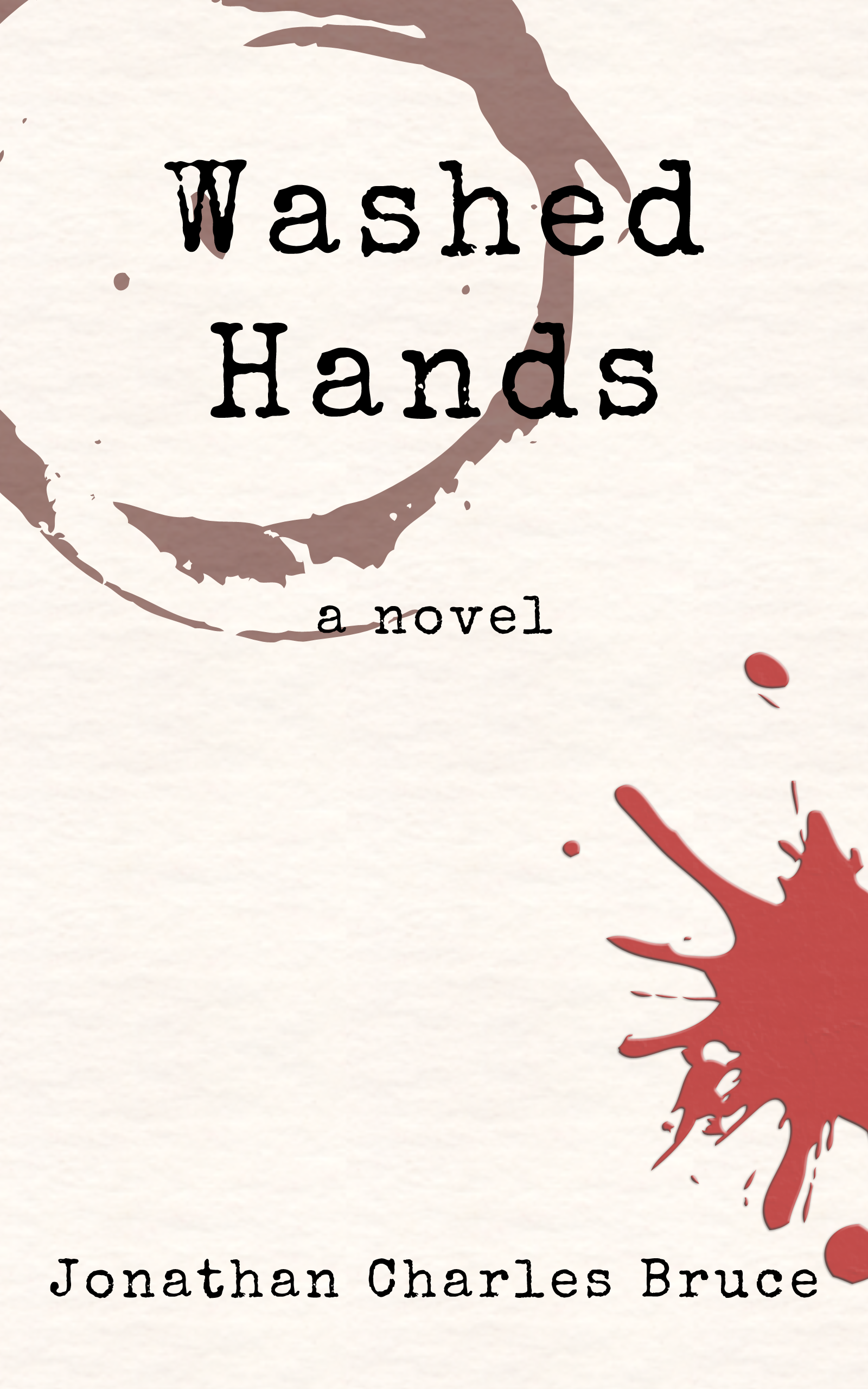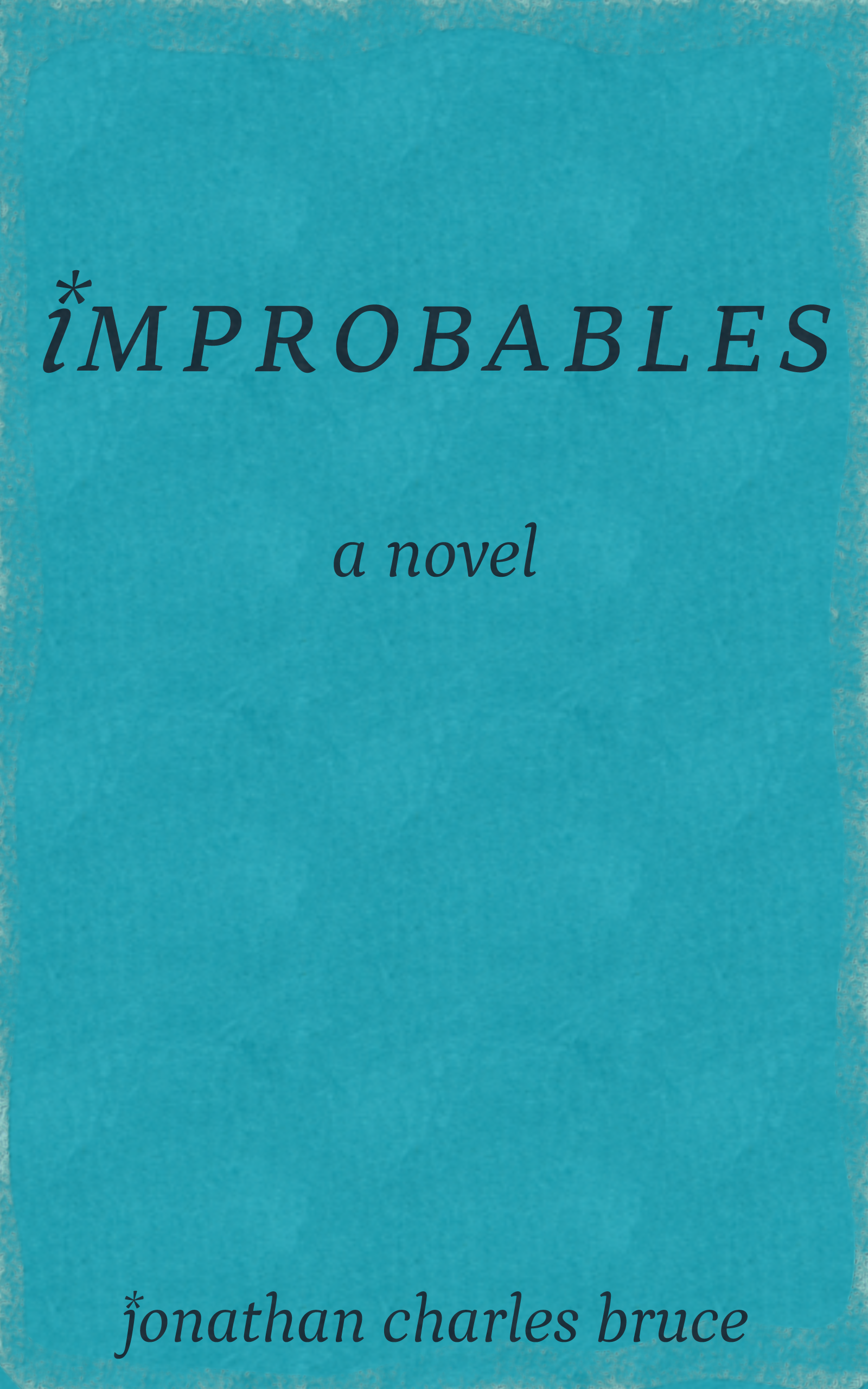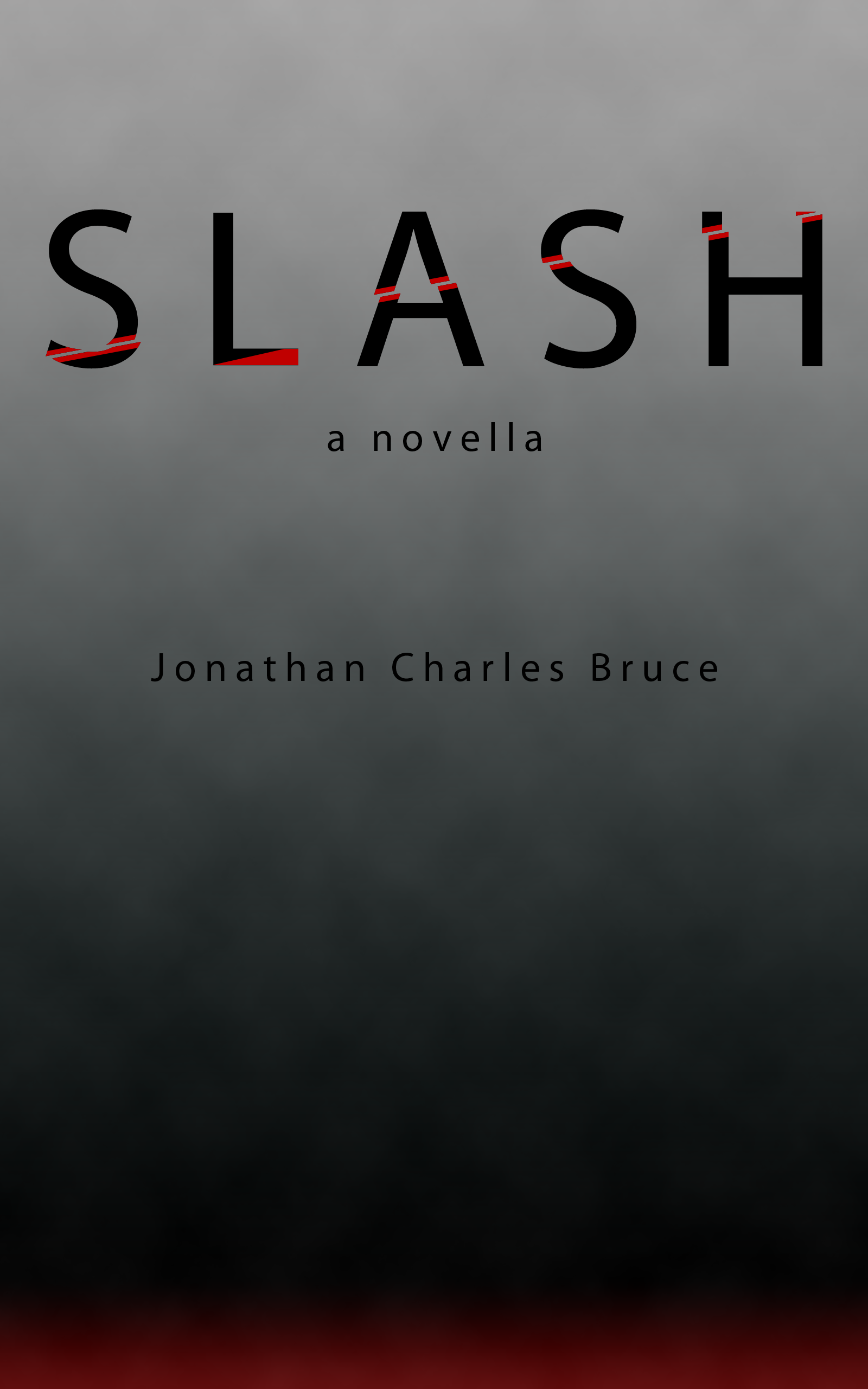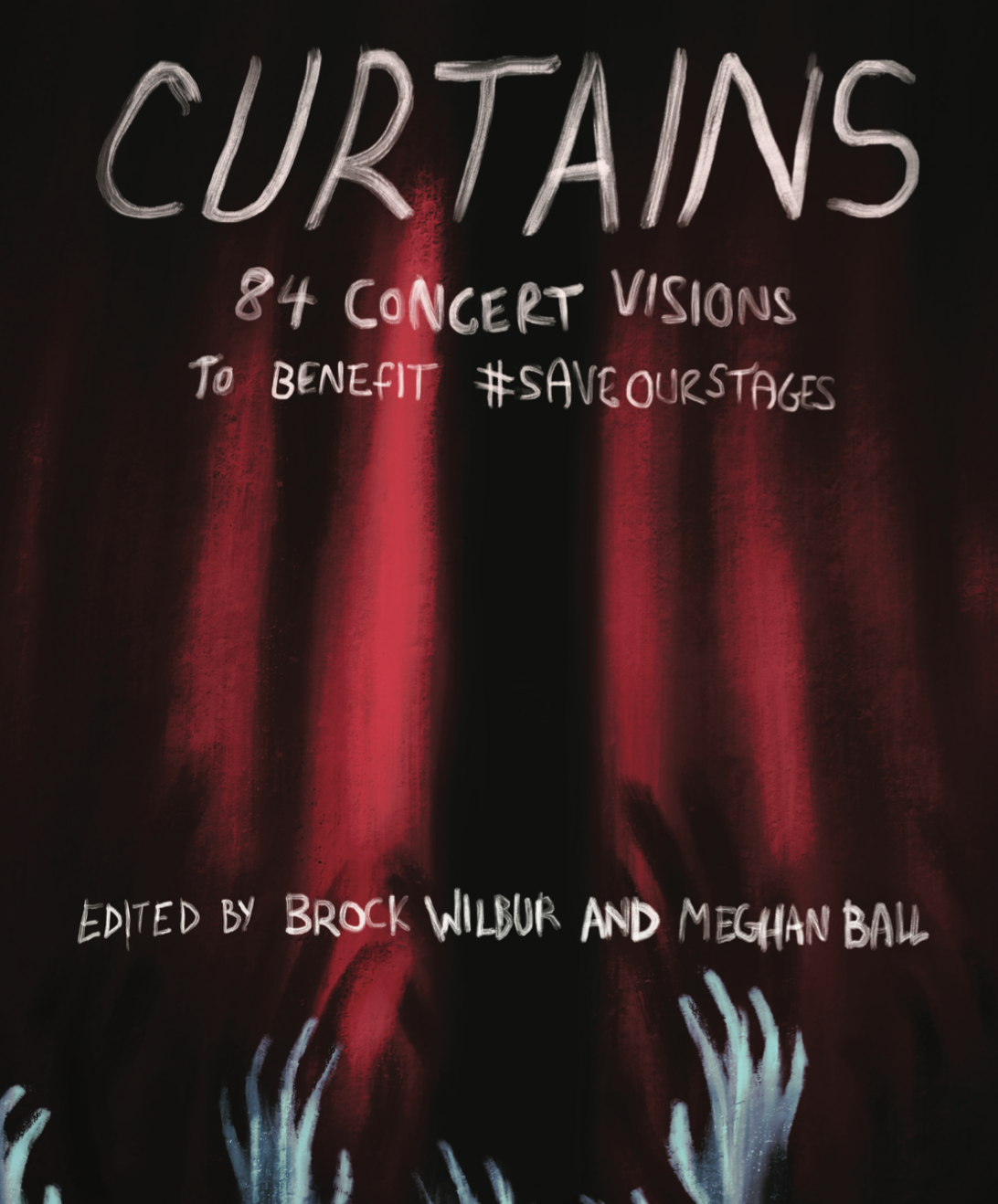Life After Beth
and the Problem of Tonal Dissonance
Let me dig up something for you:
Well, that is certainly a thing that happened.
That was the trailer for Life After Beth. What is your take away from that? A quirky romantic comedy with dramatic elements, right?
It is not.
Like, at all.
The story follows a creepy weirdo whose ex-girlfriend (the title-tastic Beth) was bitten by a snake and dies. He ends up bonding with the girl’s parents in mourning, and then one day he stumbles upon the fact that, at some point, Beth tunneled her way through her coffin, several feet of dirt, and came home. Instead of a traditional zombie, the girl talks and interacts with others pretty much the same way she did in life.
Initially ecstatic to have Beth back, it slowly becomes clear that she isn’t quite the same. For starters, her memory sits firmly at about a week or so before she died as she constantly worries about a looming test. Next, she is much stronger than she was before coming back to life. Finally, she eventually exhibits violent mood swings and becomes more and more bestial.
There is more to it than that, but it’s not exactly deep by any stretch. For one thing, this is all taking place during the slowest, most indifferent zombie apocalypse ever conceived. There’s a subplot about creepy weirdo’s brother that boils down to “sibling tension” and that’s about it. Apparently, the newly returned like attics and light jazz. There are elements of the comedy that was promised, so what exactly is the issue?
Put simply, Life After Beth has no idea what it wants to be.
This is not going to be a rant about how movies need to promise themselves as one thing and deliver that experience, as I think that such a conversation is a bit of an exercise in futility… no matter how completely misleading, say, the official poster’s tagline is.
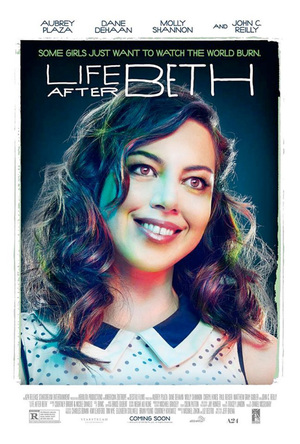
Did you even watch the damn thing? Or did you just not know how to sell it? Like, at all?
Fair Use, Commentary/Review. Source.
Instead, this is going to be mostly a conversation about tone in fiction.
See, Life After Beth starts off with a solid premise, even if it is somewhat annoying by virtue of it being zombie-related. The idea that someone could get a second chance at love and life while dealing with the philosophical ramifications of being a walking corpse seems like the kind of dark comedy I would adore. You could also make it a story about being forced to say goodbye—a time limit on a relationship that is doomed to devolve into the ravenous undead or just die has potential for pretty affecting drama.
But Life After Beth tries to juggle everything and ends up failing at every step along the way. As a comedy, it eschews most opportunities for genuine buildup-and-delivery for awkward slapstick (Beth has gone nearly totally zombie and is strapped to an oven; let’s watch her fall over as she screams about her lack of humanity!). As a drama, there’s little emotional investment because the main character is a creepy weirdo who spends most of the latter half of the movie shouting at Beth to shut up or calm down. And as horror, well, the best you’re going to do is the realization that an incredibly talented cast was wasted on a “throw it at the wall and see what sticks” approach.
See, tone is a very important thing for a movie. Session Nine has a feeling of intense isolation, which makes the inevitable moments of horror seem all the more terrifying. A film like Monty Python and the Holy Grail has an air of absurdity that allows the viewers to at least appreciate the surreality the Pythons were creating. A film like Mad Max: Fury Road has an aura of clawing desperation that lends emotional weight to its extended car chase.
This isn’t to say that you can’t have moments of levity in horror, or dramatic elements to a comedy. But there is a problem with trying to do everything under the sun when you don’t have at least one emotional element to define your film. It’s why that oft-abused term horror-comedy is as incoherent of a mess as the shitty movies that fall under its umbrella: you can’t have mutually exclusive emotions vying for control of its audience.
With Life After Beth, we are promised a romantic comedy that ticks all the appropriate boxes—boy meets girl, something gets in the way, they end up happily ever after and/or a valuable lesson is learned. The challenge here is not the supposed ultimate blockage to a relationship—that is to say, death—but the fact that the girl is undead. If this had been approached with the absurdity that such a situation demands, it could have been hilarious. Warm Bodies and Shaun of the Dead proved that, provided that you put in the requisite work, you can mine horror scenarios for comedy.
You could have also had a really strong drama had you bothered to simply switch focus from the creepy weirdo boyfriend to, oh, I don’t know—the fucking title character. So many zombie movies have that labored story arc of someone being bitten and it’s just oh-so-emotional, but what about following the journey woman who has no idea she’s something other than human and that her family and boyfriend are codling her to “keep her safe”? Her struggles are the interesting part of this story, but apparently we’re all so invested in a moody white male protagonist that this was never broached.
There was also the distinct possibility of horror as Beth becomes more and more zombie-ish and her family has to go to greater and greater lengths to keep their daughter “alive”. I mean, that even asks a fundamental question—what lengths would you go to in order to hold onto someone you lost? Christ, it’s basically the Orpheus myth, but at least it works.
Instead of any of those far more interesting stories, were stuck with a series of horribly discordant scenes that fail to do anything other than collapse any shred of identity the movie had.
We have a scene where Beth “hilariously” pops her head out of an exhaust vent in her house and asks her boyfriend to call her later moments after she attempts to rape him.
We have a despondent Beth punch a hole in a wall as her world is breaking down next to a scene where she tears out someone’s throat off screen with her teeth.
Beth gets “wackily” run over by her creepy weirdo boyfriend before she gets violent with her boyfriend’s childhood friend he had just been talking to.
Our creepy idiot protagonist tries to help a terrified and confused Beth by driving her to someone who can possibly help, and she’s eating her headrest in the next scene.
Idiot comes across the crashed car of Beth’s dad covered in blood only to walk into the house and discover Beth’s mom cutting off her own fingers to feed her daughter.
The final “emotional” goodbye to Beth is followed by her tumbling down a ravine with a stove strapped to her back and her body falling to pieces as it happens.
As if the jarring tonal transitions weren’t bad enough, there’s no internal logic to the film. The zombies don’t really seem to want to do anything other than return to normal life. They’re all kind of aimlessly dorky, but not really threatening unless the plot calls for something weird to happen. And then, of course, they become an issue. But it gives off this idea that if people were slightly less dickish or even just simply tried to help, the zombies would adjust. But, since we have no idea what the tone is supposed to be, no one apparently gives a shit. Also, the main character and Beth’s parents are literally the only people to notice this happen until calamity strikes at the end of the movie.
Then there are ideas that go completely unexplored because, apparently, no one could figure out what the hell kind of story they wanted to tell. The main character theorizes that the source of the zombie outbreak is Beth’s family’s former maid because she’s Haitian—because casual racism is apparently… hilarious? I guess? When he tracks her down, her brother just kind of yells at him and… that’s it. Oh, it turns out that Beth’s dad sexually harassed her and that’s why she quit—because victimizing a marginalized population is apparently… hilarious? I guess? But it doesn’t matter, because both of these things are introduced and jettisoned without a second thought.
Even the occasional “quirky” element added—e.g., the zombies loving attics and light jazz—are unexplored. We briefly see that Beth has been covering the attic with mud, but why? Why wouldn’t they prefer the basement? Or just dig a hole in the ground? Or just something, anything, to make the movie have some sense of consistency?
Life After Beth is one of those movies that I hate the fact that I dislike it, namely because if this had gone through several more drafts, this could have been a decent film. Somewhere, buried within this tonally discordant mess is a story that could have been worth telling. But if art strives to teach us about the world and ourselves, the only possible lesson is “Don’t have sex with dead people,” which I’m pretty sure most of us didn’t need. And if it’s the goal of pop art to entertain, then it’s too emotionally incoherent to do that.
So the movie just sits there, reminding people of what could have been. How utterly unsatisfying.
< PREVIOUS ENTRY • NEXT ENTRY >
Advice • Fiction • Gaming • General Musings • Reviews


